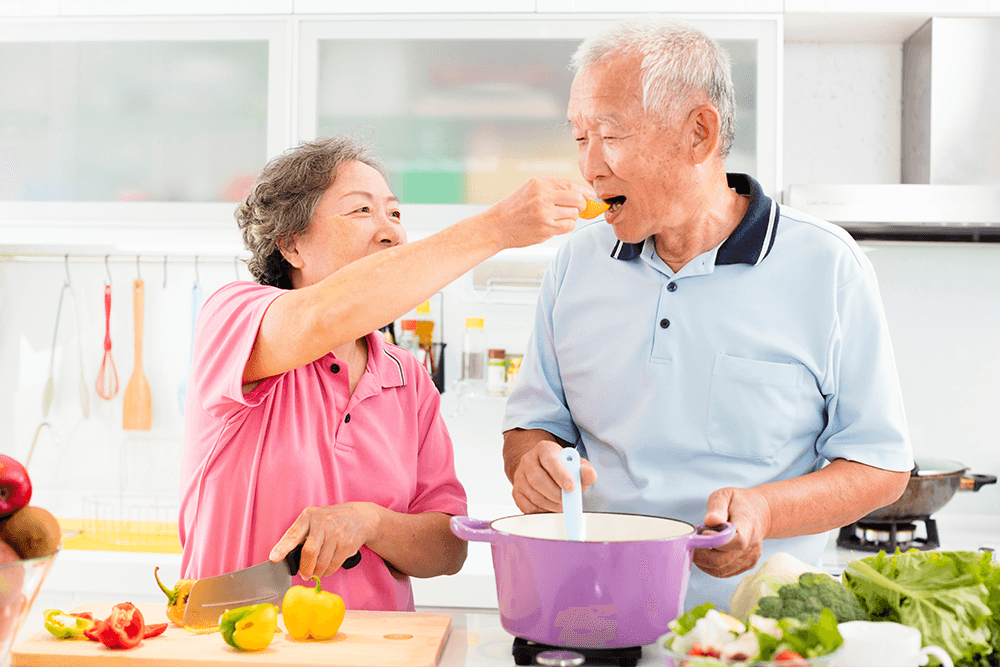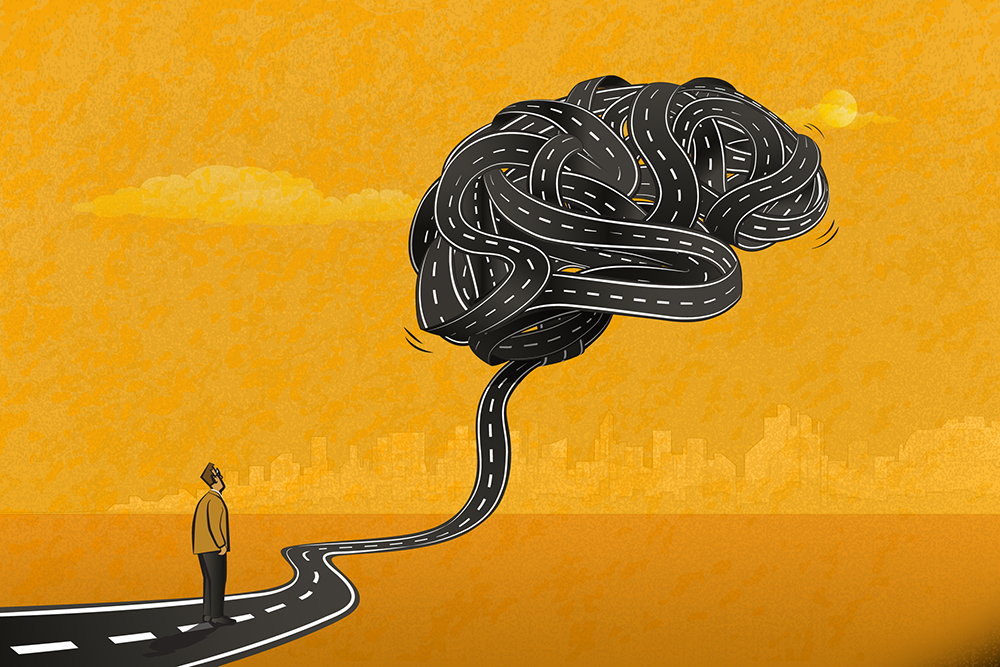The aftermath of a stroke can be confusing and disorienting for survivors, their family, and their friends.
Getting back to normal after a stroke is an ongoing process, and emotional support during these difficult times can make an immense difference. Below are some tips and advice for stroke victims and the caregivers who are assisting them on their path to recovery.
Returning home after a stroke: the first few weeks
The first few weeks after a stroke can be very difficult. The stroke survivor may experience changes in their physical abilities, such as weakness, numbness, and tingling sensations in the affected limbs. This is often accompanied by feelings of anxiety, depression, and confusion.
The most important thing you can do is ensure they eat well and get enough rest. For example, if the stroke survivor has difficulty swallowing or chewing, they should be given soft food or liquid food until they can eat solid food again.
After returning home from the hospital, stroke victims should follow these five recommendations in order to speed up their recovery.
1. Get enough rest
It is difficult to sleep after the trauma of a stroke or surgery because your body will be in shock, and your brain may not be able to regulate sleep patterns effectively. Thus, you may have difficulty sleeping at first.
Reading books or magazines or listening to music on a portable CD player at bedtime can help put you into the right state of mind. You can also try taking short naps after lunch or dinner.
2. Avoid smoking
Smoking greatly increases the risk of suffering from another stroke – in fact, it’s the number one risk factor. It should go without saying that quitting smoking improves your chances of living a longer, healthier life.
3. Avoid excessive drinking
Excessive drinking increases the risk of stroke as well as other health problems. If you have recently had a stroke, you may be more likely to drink excessively because your body needs to cope with the trauma and stress of recovery.
This can impede your recovery by interfering with the brain’s ability to heal from the injury, leading to impaired memory and decreased mental function. Drinking also increases your chances of developing liver disease.
4. Avoid activities that trigger seizures
Having a seizure can cause damage to your brain and can lead to another stroke. If you have had a seizure, you must avoid activities that might trigger another one. This includes playing sports or engaging in activities that require quick reactions, such as driving or operating machinery.
5. Follow a balanced diet
A balanced diet that’s low in fat and high in complex carbohydrates can help limit the damage to your brain caused by a stroke.
For instance, the Dietary Approaches to Stop Hypertension (DASH) diet has been shown to reduce the risk of stroke by 30%. It is also important that you consume enough omega-3 fatty acids, as these are thought to reduce the risk of stroke. Omega-3 fatty acids can be found in supplements, or in fish such as salmon, mackerel, and sardines.
Final thoughts
When going home after a stroke, you may experience difficulty communicating and understanding what is said to you. This can be frustrating and upsetting, but you must try your best to stay positive. Remember that recovery from a stroke can take time and effort, but it is possible with the right support from your caregivers and loved ones.
When you’re recovering from an illness, injury, or surgery, rehabilitation services at Springpoint communities offer the post-hospital care you need to get back to good health. Contact us to find out more.



